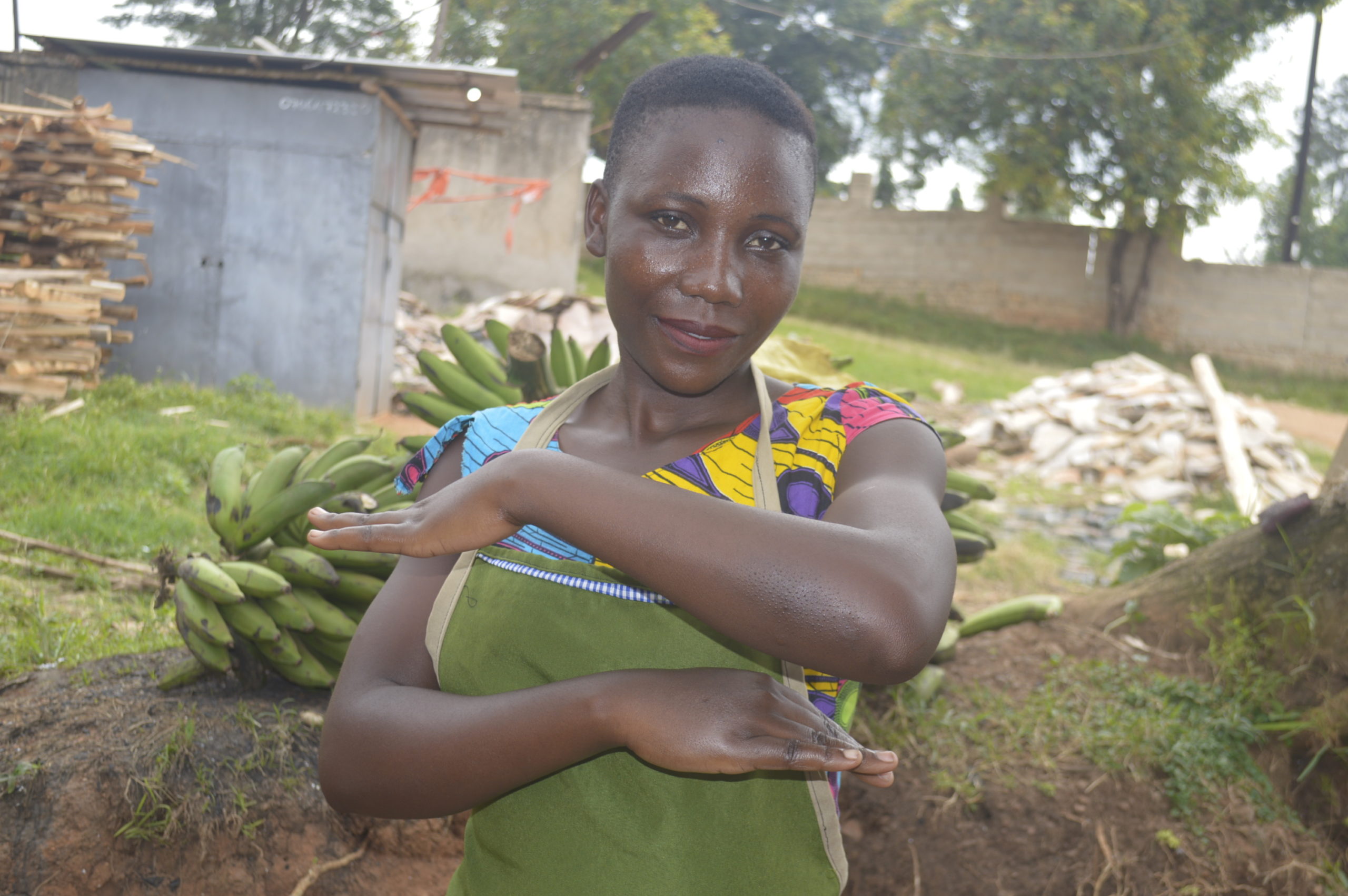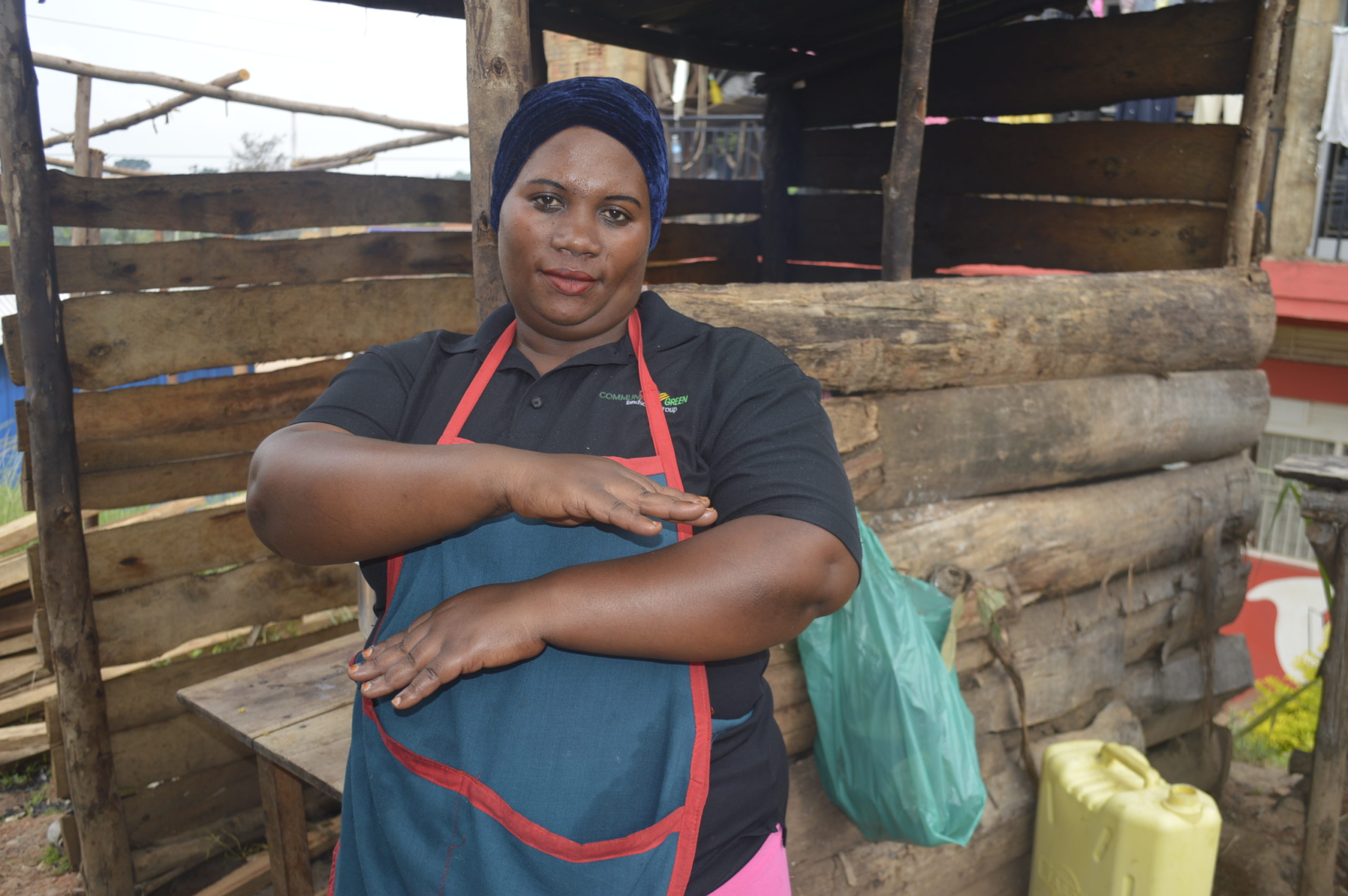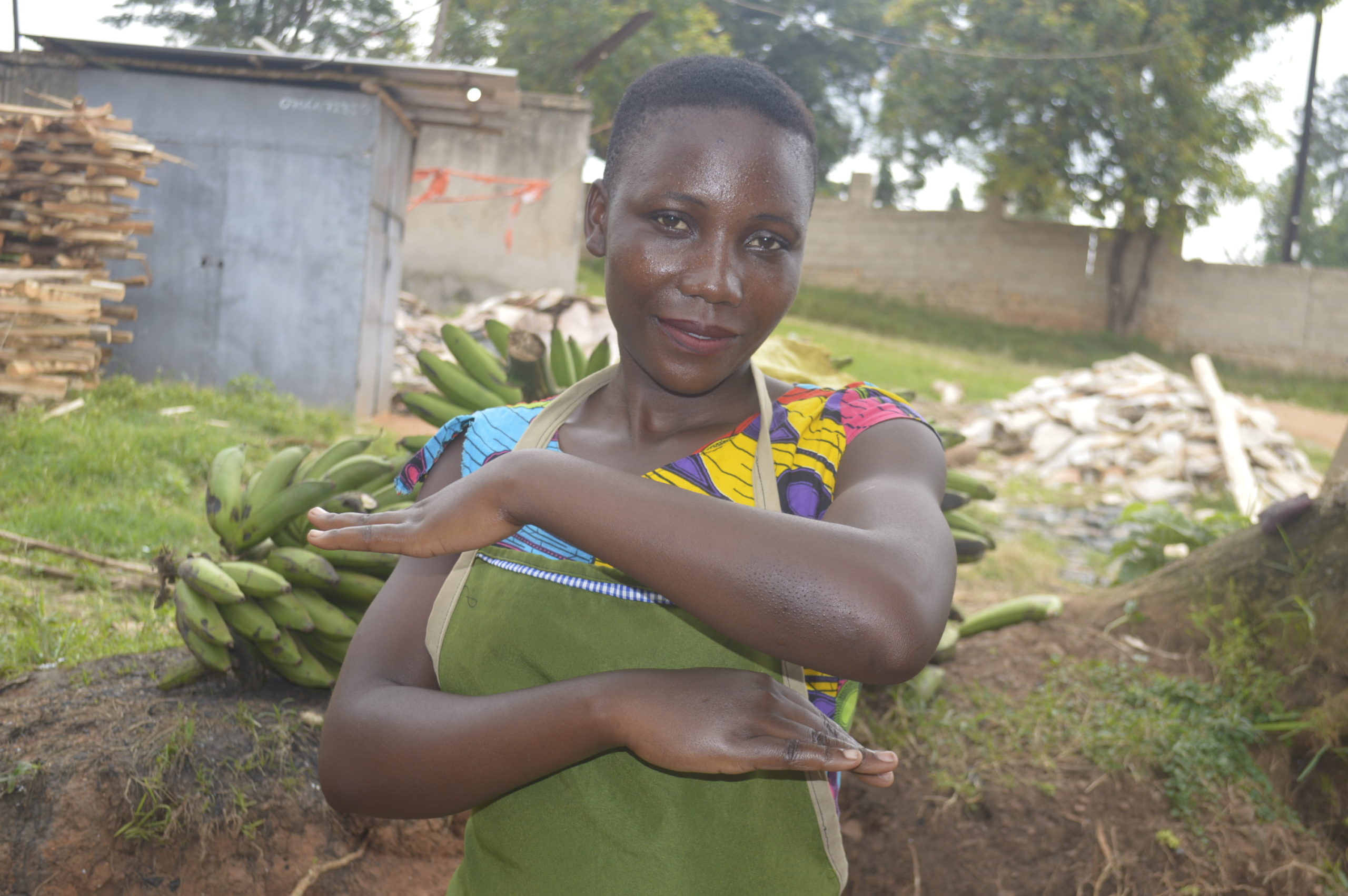Women influence what families eat and for generations have undisputedly ensured that members of their households are fed and healthy. The confines of this significant role have however traversed household boundaries to the market place as food vendors. This includes street and market vending of fruits, vegetables, ready cooked foods and related products. The current statistics of women in the food trade varies from country to country. According to the International Labor organization, women represent a larger share of the informally employed and in Sub-Saharan Africa, 84 percent of women in total engage in non-agricultural informal employment in contrast to the total male population where 63 percent are active in this sector
Significance of food vending to women
Urbanization has brought a large influx of low wage earners, leading to the rapid growth of street vending. A FAO report states that in most cities, large and small including in Uganda, street foods are an important source of nutrients and income for a large percentage of the population, especially women. Perceived to be convenient, street foods provide an opportunity for improving the nutritional quality of the diet for the low-income sector of the population. A 2018 report by Hivos, Taking stock: Uganda Food Change Lab shows that traditional foods in Uganda are served by women vendors which are also most affordable for low income consumers who rely on food stalls for their nutritional intake .Traditional foods increase food diversity and nutrition for urban consumers.
At a personal level, women vendors attest to successes from plying this trade. In an interview with five female vendors in Uganda, Agnes revealed that she has been able to purchase a piece of land in her home village after three years at the trade. “My incomes have increased as a result of vending local vegetables and I’ve been able to diversify my crop enterprises,” revealed Jennifer Lalam from Gulu district in Northern Uganda. For Joyce, a vendor of local vegetables, the trade has allowed her to promptly pay the school fees for her children. Other individual benefits for women have been increased savings allowing them to invest in other income generating activities and thus allowing them to contribute and supplement other household needs. These success stories tell of how empowering food vending enables women to attain assets and contribute to revenue for development of their communities.

Challenges and limitations
While food vending provides diverse opportunities for women’s economic independence, it is not without challenges and limitations. According to FAO, women in the sector earn less than men and are concentrated in market niches considered to be “feminine,” especially food production and service in Uganda, the Public Health Act of 1935 prohibits selling food along the road and street vendors are often considered to operate illegally as they are chased off the streets in some cities. Women vendors in Uganda decry unstable prices of food in the markets that makes them incur occasional losses, unhygienic areas of operation, security threats, especially in instances where they operate in unlit streets, expensive market dues, and limited support from government authorities. According to Aisha Birungi, a market vendor from Uganda in Lugazi municipality, the lack of permanent structures in the market does not guarantee their existence in the area of operation as they fear they can be evicted any time. This poses a big threat to the vendors and their clients. This fear is shared by many vendors who as a result of their undefined status by government policy, their trade hangs in a balance.
Mobilizing women food vendors
Through the Sustainable Diets for All program implemented by Hivos and partners in Uganda, food vendors have been mobilized to take the lead in establishing their legitimacy and recognizing their capacity for collective action. In the districts of Kabarole in western Uganda and Buikwe, the vendors have formed alliances through which they’ve engaged government authorities to redefine their relationship. This has resulted in lights being provided on some streets where the vendors operate, coupled with water access points. Trainings on hygiene and food safety have equally been jointly facilitated with the government authorities and food vending has been recognized in some municipalities, notably Fort Portal, for its role in urban food and nutrition security in local food and environment laws.
Aspirations for the future
As we commemorate International Women’s Day 2020, themed #EachforEqual, it is evident that the scales are still unbalanced. Women vendors are calling for increased support from leaders to provide them with more trainings and capacity development on better vending practices. This includes providing an enabling environment to make a living, increased access to diversified healthy food options that would meet nutritional needs of their clients, and fair market dues that would sustain them in their craft. Aisha Birungi has a strong message to all women vendors: “I would want to see all women in food vending have a common voice to talk about issues that affect them, like the unstable tax fees charged on a daily basis”. She urges leaders to improve hygiene in the market areas through constant collection of rubbish from the market for the safety of the meals they serve.





